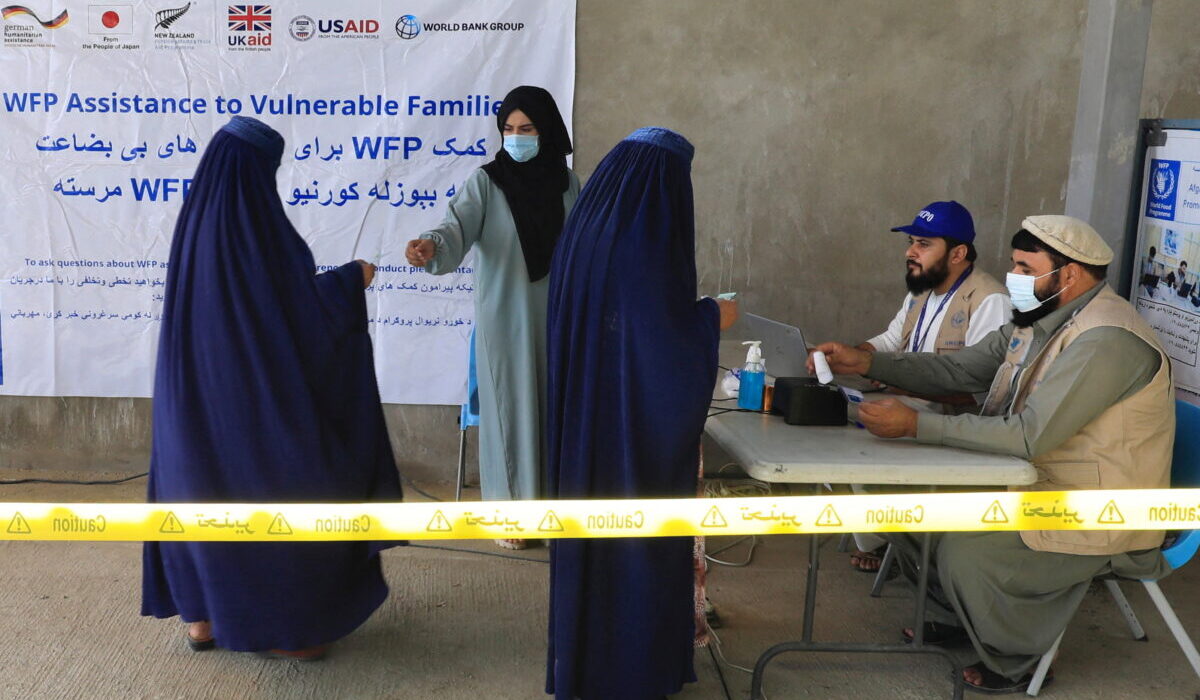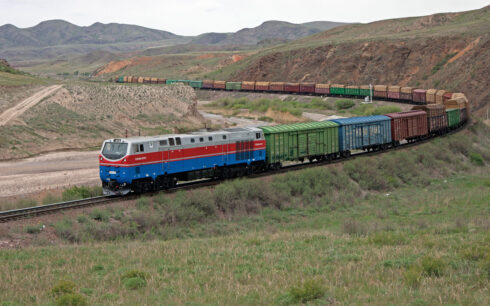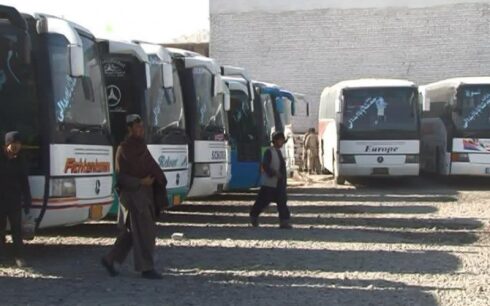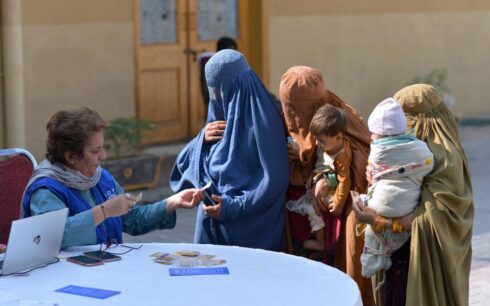The United Nations High Commissioner for Refugees (UNHCR) has warned that over 600,000 Afghans have been left without essential winter aid due to funding shortages, restrictions on female staff, and bureaucratic delays.
In its latest report, the UNHCR cited a critical $34 million funding gap needed to address winterization needs for vulnerable populations, including recent returnees and families living in inadequate or damaged shelters following flash floods and heavy rains. Without urgent intervention, the report said, the risks of respiratory infections, hypothermia, and fatalities among vulnerable groups—particularly women, girls, young children, and the elderly—will escalate sharply.
“This situation poses serious risks for vulnerable groups, including women, girls, young children under five, and the elderly,” the report stated.
Restrictions imposed by the Taliban, particularly on female aid workers, have further complicated relief efforts. These restrictions, combined with bureaucratic hurdles, have hampered the ability of aid agencies to deliver critical supplies to remote and underserved communities.
The UNHCR also noted in a separate report that 40% of inquiries to the organization continue to come from women and girls, a proportion that has remained stable. However, the agency acknowledged that this figure may underestimate female engagement, as many women and girls prefer to communicate via email, a channel that ensures anonymity and avoids direct interaction.
The challenges come amid ongoing restrictions by the Taliban on women’s rights, including bans on education, employment, and freedom of movement, exacerbating the plight of Afghan women and girls.
UNHCR officials have called for urgent funding and greater flexibility in humanitarian operations to prevent further suffering this winter. “Immediate action is required to prevent severe risks during the upcoming winter,” the report emphasized.





